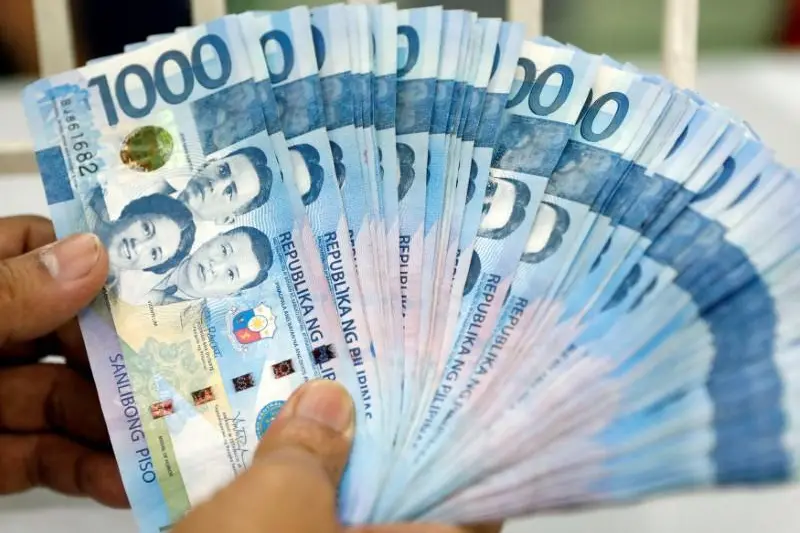PHOTO
The Philippines will continue to look for more funding sources to finance various infrastructure projects amid calls to take a stand against China's maritime intrusions.
In a briefing, Finance Secretary Benjamin Diokno said the government is in talks with many source countries in terms of borrowing money for future projects.
'We look for the best terms. We would like to diversify our source of funding,' Diokno said.
This comes after some lawmakers sought to ban Chinese firms in the country amid the continued tension and bullying in the West Philippine Sea.
Diokno had warned of the possible repercussions of such a ban, especially in terms of financing as well as the progress of several infrastructure projects.
He argued that during the previous administration, of which he was also a part, funding sources were limited amid then president Rodrigo Duterte's contentious relationship with the European Union due to its concerns over the human rights situation in the Philippines.
Under the Marcos administration, Diokno said, 'we are discussing extensively with some euro countries like Sweden, France, Italy, England.'
'We are diversifying our funding sources. We have a wider source [now],' he said.
Based on the most recent report on official development assistance (ODA), active loan and grant portfolio of the Philippines in 2021 amounted to $32.24 billion, up by five percent from $30.69 billion at the height of the pandemic.
Of the amount, $943.49 million in ODA was provided by China, representing just 2.93 percent of the total. Japan remains the top source with 32 percent.
Some of the China-funded projects are the Chico River Irrigation Pump project, the Binondo-Intramuros and Estrella-Pantaleon Bridges project, and the Philippine National Railway - South Long-Haul project.
Diokno earlier said banning Chinese firms would affect ODA implementation from bilateral and multilateral ODA partners, particularly for projects intended to have multiple country participation including China.
He noted that procurement of locally funded projects with Chinese suppliers or contractors could also lead to possible delays amid the need to shift in financing from projects requested from China.
Last March, the Marcos government refiled its loan application with the Export-Import Bank of China for the $2.4-billion South Long Haul, also called the PNR Bicol project.
Copyright © 2022 PhilSTAR Daily, Inc Provided by SyndiGate Media Inc. (Syndigate.info).





















